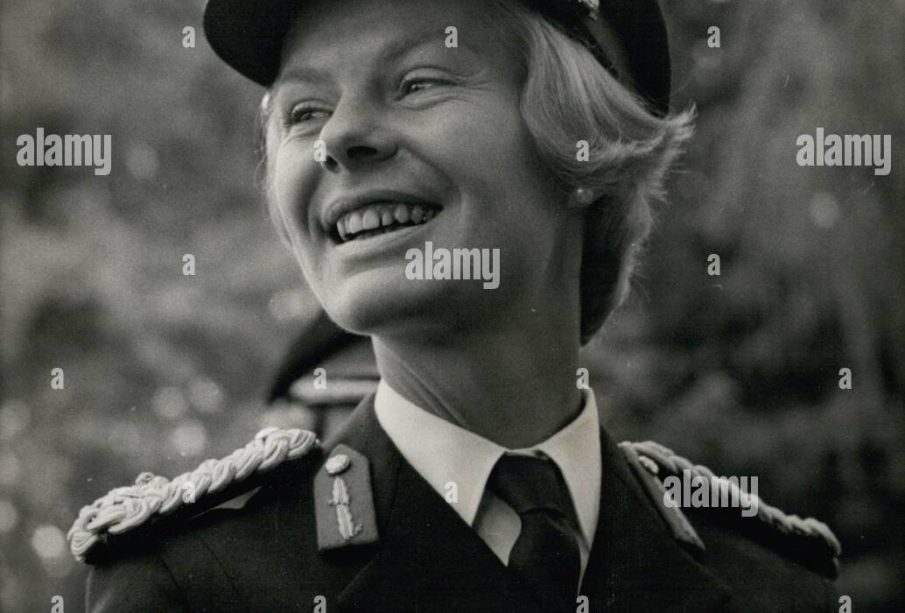Profile of the Duchess of Kent: A Royal Perspective

Introduction
The Duchess of Kent, a lesser-known figure in the British royal family, has made significant contributions to both public and charitable life. Born on February 22, 1933, the Duchess has enjoyed a varied life, marked by notable royal duties and philanthropic efforts, particularly in the arts and education. Her unique position in the royal family draws interest, especially as discussions about the roles of royals evolve in contemporary society.
Early Life and Marriage
Born Katharine Worsley, the Duchess of Kent grew up in Yorkshire and attended a prestigious boarding school in France. She met her future husband, Prince Edward, Duke of Kent, during a dance while both were young adults. They married in 1961, and together they have three children: George, Edward, and Alexandra. The couple has represented the royal family at various public events, highlighting the engaging yet often understated role of the Duchess.
Charitable Contributions
Throughout her life, the Duchess of Kent has been deeply involved in charitable organisations. She is the patron of several charities, including the Association of Ex-Service Men and Women and the Royal Academy of Music. Her dedication to the arts is particularly notable; she has championed music education and is a vocal advocate for the next generation of musicians. In recent years, her involvement has inspired younger royals to take on similar roles within charitable foundations, promoting a culture of service within the royal family.
Recent Engagements
Despite stepping back from many royal duties in recent years, the Duchess was present at several key royal events marking the Queen’s latest jubilee celebrations. Additionally, her appearances at charity events continue to resonate positively with audiences, illustrating the lasting impact of her public service. Notably, she attended a recent concert at the Royal Albert Hall, further showcasing her commitment to cultural and musical advocacy.
Conclusion
The Duchess of Kent may not always be in the public eye, but her contributions to charity and the arts are significant and commendable. As the royal family continues to adapt to the changing landscape of British society, the Duchess’s legacy serves as a reminder of the important role that personal commitment and community engagement play in royal responsibilities. Moving forward, one can expect that her influence will encourage a renewed focus on the arts and education, ensuring that these areas remain supported within the charitable landscape of the monarchy.









